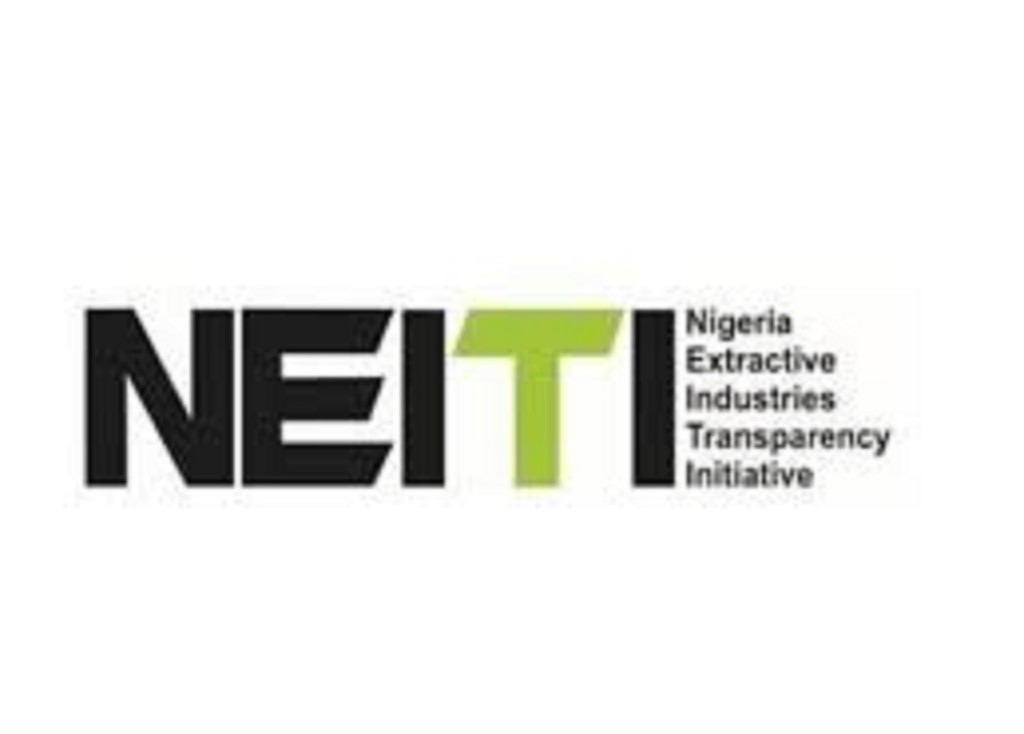By Obas Esiedesa, Abuja
The Nigeria Extractive Industries Transparency Initiative (NEITI) has urged civil society organisations (CSOs) to take a leading role in holding governments and companies accountable for their energy transition commitments.
Executive Secretary of NEITI, Dr. Orji Ogbonnaya Orji, made the call in Abuja during a courtesy visit to the Executive Director of the Civil Society Legislative Advocacy Center (CISLAC), Hon. Auwal Musa Rafsanjani.
Orji said the global shift to cleaner energy and the fiscal pressures it brings require a new agenda for civil society, one that moves beyond routine advocacy to evidence-based, solution-driven leadership that ensures no community or citizen is left behind.
“This new agenda calls for civil society to lead in energy transition accountability by developing scorecards that track government and company commitments, and by shaping community transition plans so that no one is left behind,” he said.
He stressed that CSOs must go further by analysing contract and ownership disclosures, engaging in debates on resource mobilisation, and offering policy alternatives on subsidy reforms, debt sustainability, and equitable development.
According to him, the Extractive Industries Transparency Initiative (EITI) process demands that civil society evolve from watchdogs to knowledge leaders and reform architects, particularly in areas such as climate accountability, illicit financial flows, and fiscal justice.
On NEITI’s role, Orji highlighted partnerships with the EFCC, ICPC, and NFIU, as well as plans to establish a Data Center that will provide real-time disclosures on revenues, contracts, host community funds, and energy transition.
He also challenged CISLAC to expand its work by moving from bulletins to peer-reviewed scholarly publications that could strengthen research and place Nigerian civil society at the forefront of global extractive governance debates.
“Civil society has been the backbone of Nigeria’s EITI journey, but the future demands more. The next chapter of Nigeria’s extractive governance will depend on how boldly civil society defines and assumes this higher responsibility,” Orji said.
Earlier, Rafsanjani applauded NEITI for opening up the extractive industry to public scrutiny, noting that before NEITI’s intervention, little was known about how the oil, gas, and mining sectors operated.
“NEITI remains one of the most strategic institutions driving transparency, accountability, and reform in Nigeria’s extractive sector. Over the years, your work has provided critical data, exposed gaps, and pushed for reforms that have saved the country billions and informed policy decisions,” he stated.
The post Energy Transition: NEITI tasks CSOs on tracking govts, companies’ commitments appeared first on Vanguard News.

